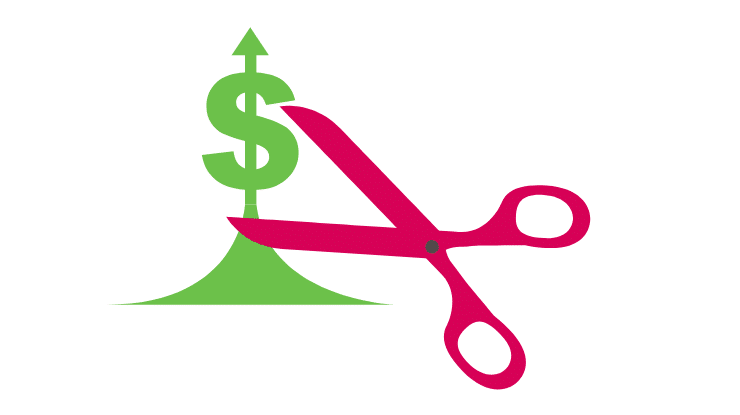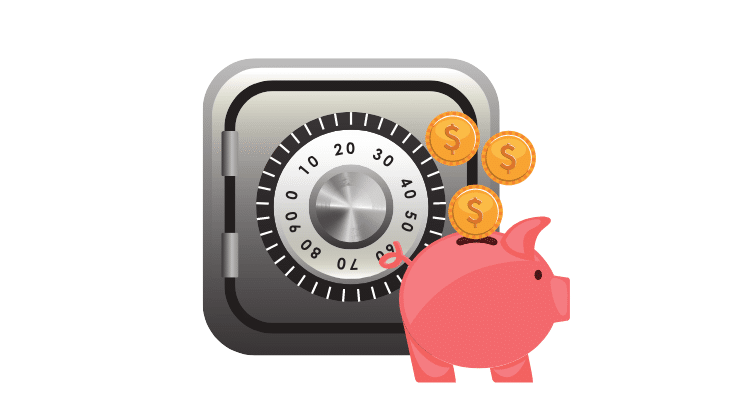Having trouble getting a handle on money? Try this eye-opening exercise. I call it The Sacred Wealth Circle.
On a blank piece of paper, draw a large circle. Inside the circle, write the names of people you can talk to about money.
Then, outside the circle, write down the names of people you are close to, but can’t discuss finances with because they tend to be naysayers or aren’t interested.
What did you discover? If you’re like most, there’s not many names inside your circle.
Finding support is critical to gaining financial savvy—from friends, family, mentors and role models. While no one can do it for us, we cannot—should not—do it alone.
The world needs more supportive communities of women talking openly, candidly about topics that have been taboo for centuries: money, wealth, and power.
That’s why I created my online community,The Wealth Connection—a safe place to talk about money, as women. If you’re interested, click here to learn more.
I’d love to hear what you discovered from doing this exercise? Leave a comment below.
Did you miss my free call, The ReWIRE Response: Mind Training for Wealth & Well-Being? I shared 3 simple steps to train you mind to rewire your brain. Click here to listen











